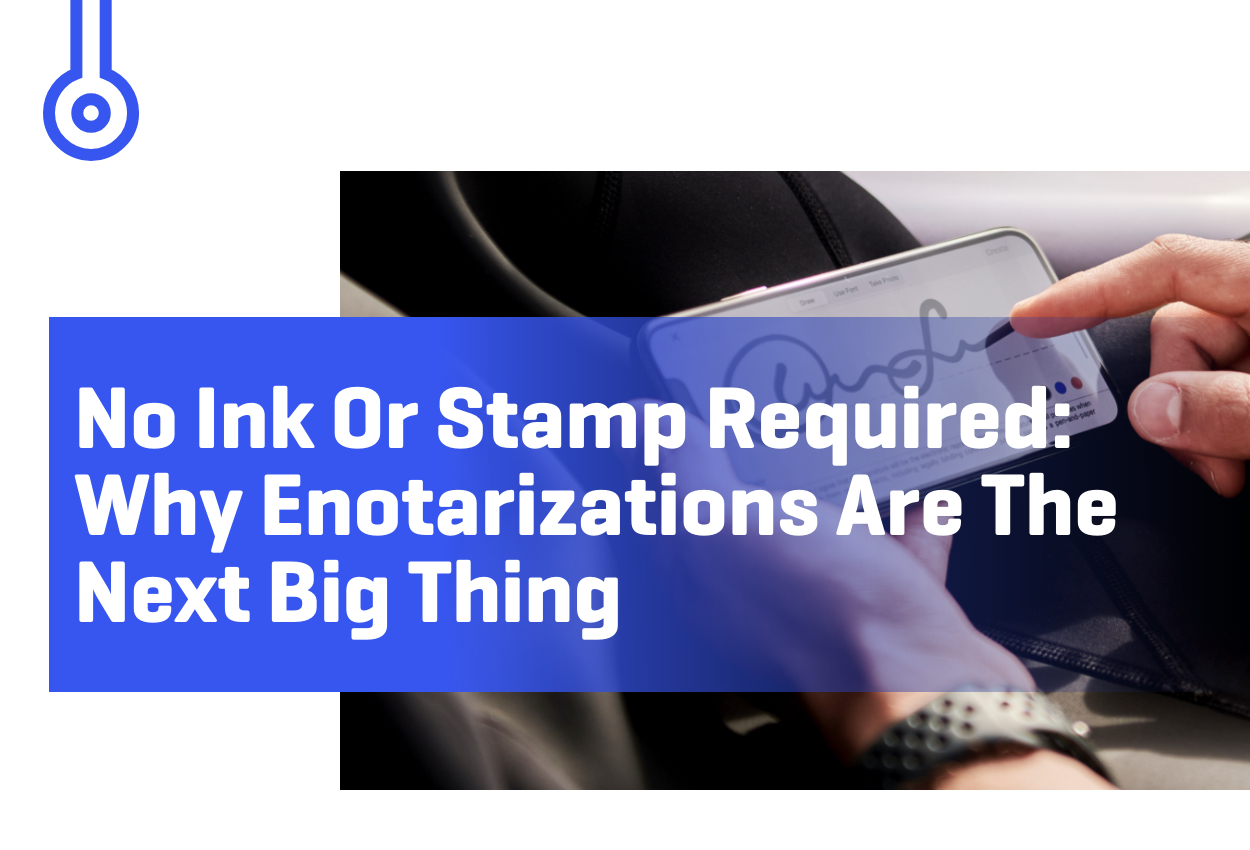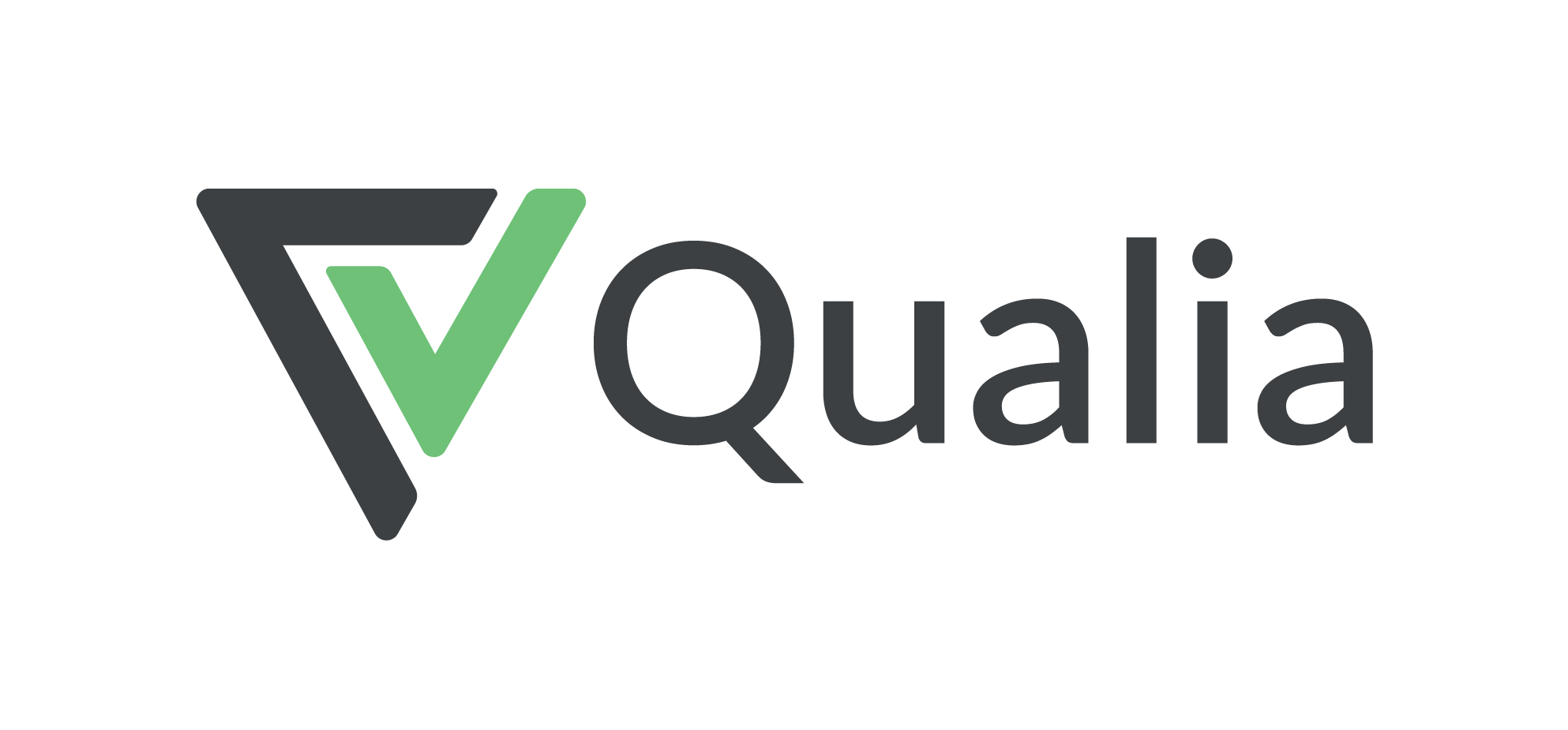The challenges of in-person activities have never been more apparent than over the previous year as people, businesses and entire industries continue to feel the impact of a global pandemic.
Signing and notarizing documents are critical tasks in many fields, and, if delayed, could prove to be catastrophic for the parties involved. To help overcome this challenge, more businesses and professionals are removing the in-person component from the equation and leveraging the technological advancements available in remote online notarizations (RON).
How RON Works
RON connects notaries and signatories virtually to complete a transaction whether it is related to new car loans, real estate, a legal matter or other. Electronic documents are signed remotely and, in most cases, the parties don’t even need to be in the same city, state or even country. Legislation that guides how RON works requires conducting the signing and notary process in real time on a platform that is secure and free from unauthorized interruption, as well as audio-visual quality that is clear enough for the notary and signer to see the same record being signed. To enhance security and fraud prevention, knowledge-based authentication and credential analysis are required with each transaction. Additionally, RON transactions must be recorded and then tamper-sealed. In some states, the recorded process must be kept on file for a prescribed number of years, resulting in a valid, legally binding document.










